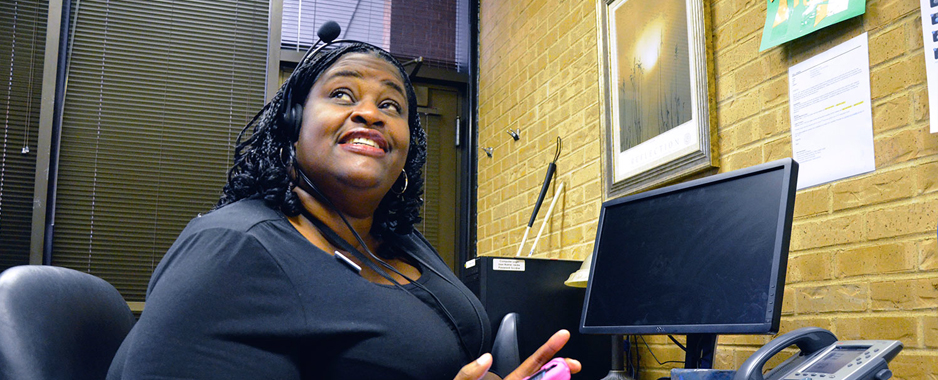By Kirsten Mahon/multimedia/nw editor

Filled with cringe-worthy and stomach-aching laughs, A.C.O.D. deals with divorce without sugarcoating or whitewashing the issue.
Carter, the main character, is an A.C.O.D. or an Adult Child of Divorce. Played by comedy indie film regular Adam Scott, Carter manages a restaurant in the city and has a healthy relationship with his girlfriend of four years. When his young brother gets engaged after four months of dating his girlfriend, a quest to get their parents (who haven’t spoken at all, let alone politely for over a decade) back in the same room together becomes a challenging task.
The parents’ breakup was nasty. The quarrelling two, played by Catherine O’Hara and Richard Jenkins, have nothing but awful words to say about each other, often leaving an appalled look on the face of anyone in the same room — and coercing smiles from the audience. Perfect delivery and an enormous amount of unbelievable behavior leave the audience hooked.
If there is any kind of humor hidden beneath the rough skin of divorce, this movie peels the top layers, finding all the moments possibly worth a few smiles. The film throws all worthy attempts of laughter at something normally devastating and heartbreaking. The movie is almost cathartic.
The effects of parental separation can invisibly wound children, but the issue is rarely touched on in media and entertainment. The story doesn’t gloss over the concept with a happy ending, cheesy jokes or understatements. The film is well-written as the scenarios are believable.
On top of trying to get his parents into one room without explosions, Carter finds out an interesting lady had written a nonfiction self-help book about him as a child and many other children who grew up in a similar household.
The writer, Dr. Judith, played by Jane Lynch (notorious for her awkward, hilarious moments on screen), tries to get Carter to agree to a follow-up book that could prove that not every Adult Child of Divorce ends up a train wreck.
A romantic, but fleeting connection between Carter and another A.C.O.D. named Michelle, played by Jessica Alba, is pure attraction, short-lived and unexplained. The encounter between the two seems to only serve the norm of sex or sexual tendencies portrayed in all popular movies.
The movie didn’t need this device to grab the audience. There isn’t an uninteresting moment. There isn’t a myriad of predictable moments — except for Carter hooking up with Michelle — that needs redemption with a steamy sex session or a wild escapade. It’s a 10-minute window of the movie that could have been filled with anything … and they chose a near-sex scene with Jessica Alba.
Surreptitiously, jokes squirrel their way into tiny moments shared with the main characters. Here the audience can begin to love the movie as it makes light of a dark issue in America.


























